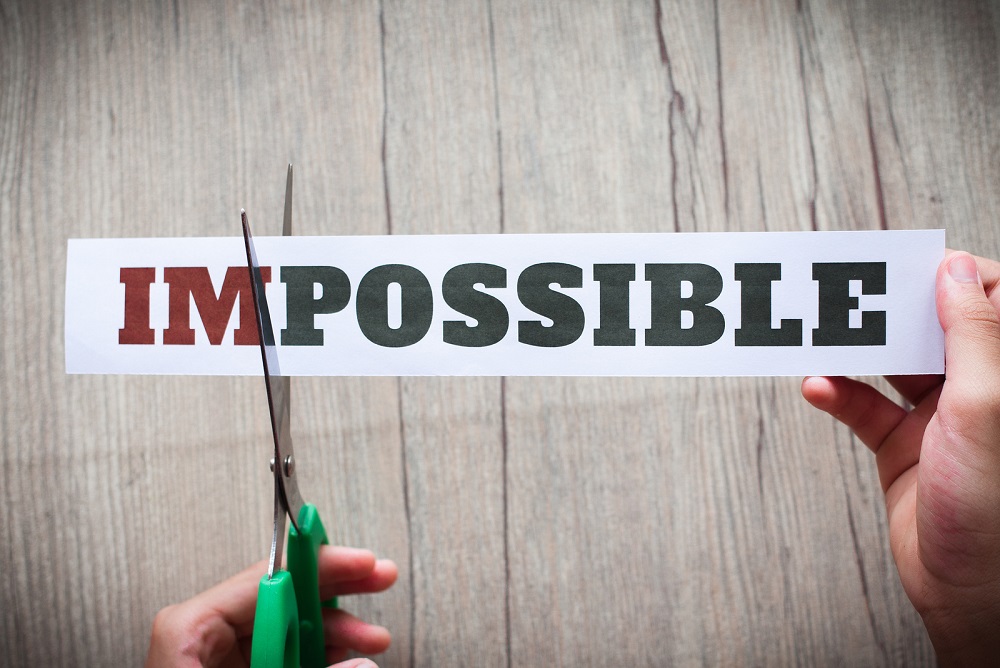One School Wide Philosophy: High-Trusting Relationships
7/31/2017

Back to the main Bully Prevention Guide.
PU #52 - School-Wide Philosophy
Regular teachers are really done with school, just like many of the kids that cause problems in their classrooms. These teachers start sending more kids to the office than ever before. It seems what was once tolerable, manageable, and not a problem, is now a nuclear situation at critical mass. You find yourself scratching your head and wondering, "Where was this in November?" In fact, these teachers start doing things that have not been normal the rest of the year.
Master teachers are still maintaining their mid-year stride. They are smiling, laughing, and planning engaging fun activities that get their kids moving up and down. Their discipline is consistent, as it was the whole year, and they know that their planning of instructional strategies has a direct effect on their student's behaviors. In fact, they know that their number one classroom management strategy is their trusting relationships they have with students!
Where did these master teachers learn these strategies? A School-wide philosophy can support these master teachers! I would recommend these three things that all teachers can read, experiment with, and dialogue with colleagues about...High Trust, Growth Mindset, and Learning to Leave Our Ego at the Door!
Denny McLaughlin's High Trust Philosophy gives strategies and starts conversations on how we can talk with kids, colleagues, parents, and even our own families. All this work is based on building trusting relationships. One valuable strategy for working with resistant kids is offering choice...two things that we can live with, and then let the kid make the choice. Giving students the decision to make a choice gives them some power and, subsequently, they are more willing to comply.
Carol Dweck's work with Growth Mindset really changes the way people think about change and challenge. Failure is part of everyone's journey; dealing with it knowing that this is a stepping-stone to success…is powerful! Having a Growth Mindset, and not a Fixed Mindset, means we believe that a person's basic abilities can be developed through hard work. This mindset also encourages people to believe that a love of learning and sense of resilience is essential for success.
Leaving our ego's at the door sounds like an easy task, but being flexible with our thinking when stress and student chaos is at its height is a major task! Our impulses tend to guide our quick decision making process, which may lead to inaccurate and false accusations. A great article written six years ago (2010) titled, Classroom Management Strategies for Difficult Students: Promoting Change Through Relationships, by Mary Ellen Teaty-O'Ferrall, Alan Green, and Fred Hanna, makes me think about all the times when my ego got in the way of making the best decisions for the kids I work with. I realized that my problem students were testing me...they knew what made me tick, what made me mad, what would get a reaction out of me. I learned from experience to not give into them by showing emotions when they wanted me to. My new kung-fu / jujitsu attitude checked my ego at the door...and knock on wood...calmness and understanding reigns!
Basing our beliefs on philosophies, especially on a mixture of philosophies such as the ones mentioned above, helps us understand who we are as a human being, who we are as a teaching staff, who we are as teachers. I believe this helps us then determine our pathways and journeys with our kids, parents, and colleagues!
MORE BULLYING PREVENTION GUIDE RELATED READINGS:
- 3 Types of Bullying in School + 1 Immense Social Challenge
- 5 Reasons Why Schools Have a Difficult Time Stopping Bully Behaviors
- 5 Reasons Why We Need to Define Bully Behavior and Stop Generalizing Events as "Bullying"
- 6+ Steps to Addressing Bullying When It Occurs
- 9 Strategies We Can Teach Students to Problem Solve
- 7 Ways How to Raise a Defender of Bully Prevention
- Provocative Victims and 7+ Practices for Victory
- One School Wide Philosophy: High-Trusting Relationships (Currently here)
- 13 Ideas to Combat Bullying at the Community Level
- 6 of the Most Hideous Cyber Bullying Tactics Used By Students
- 11 Communication Strategies to Combat Bullying
- 20 Ideas To Successfully Use Bully Data
- 5 Reasons Why Strong Instruction Affects Bully Prevention
- #1 Instructional Lesson for All Students on Bully Prevention
- Power of Buddy Classrooms: 19 Ideas
- 8 Ways to Teach Empathy
- 10 Ways to Empower Defenders
- 9 Reasons Culture Trumps Strategy
- One School Wide Strategy: Kindness Campaign
- Learning How to Say No and Set Boundaries with Parents - November 21, 2022
- If You Had Only One Behavior Strategy to Use in Your Classroom, What Would It Be? - September 26, 2022
- Live Your Code: 7 Strategies That Will Help You Be the Most Effective Educator You Can Be - August 15, 2022











